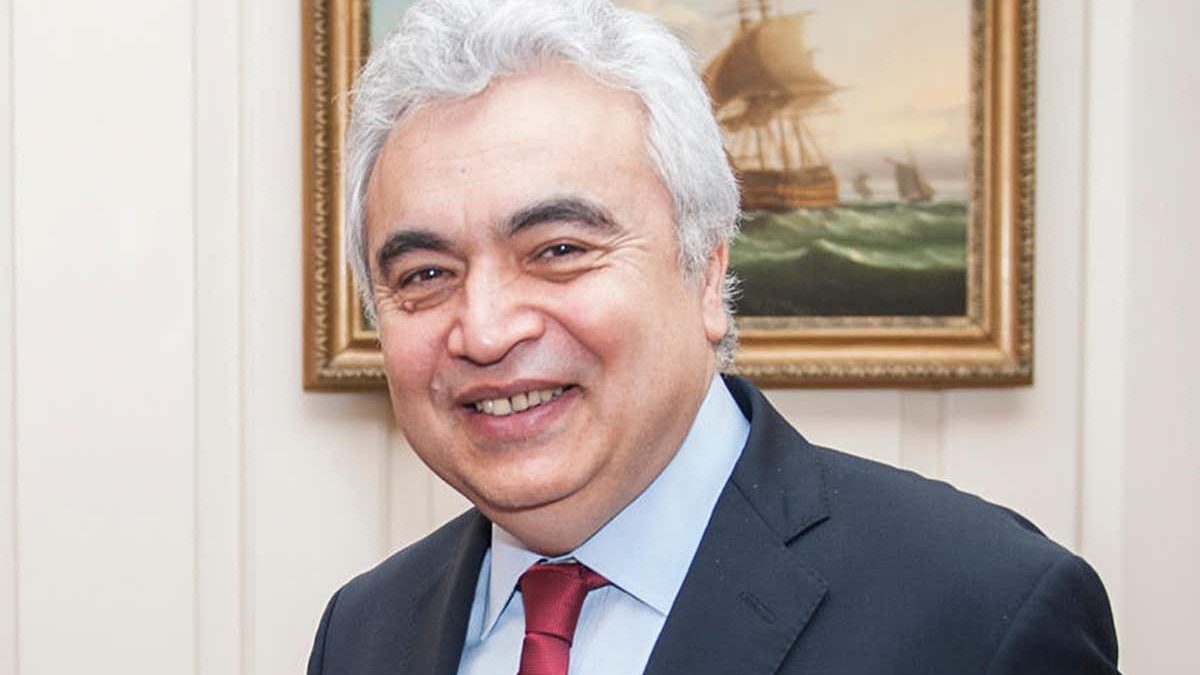Critical minerals have overtaken oil and gas as the top concern for global energy security, marking a significant shift in the world’s energy priorities, International Energy Agency (IEA) Executive Director Fatih Birol said, outlining the changing dynamics in the energy market amid the rapid rise of AI, electric vehicles, and clean power demand.
Speaking in Paris, Birol noted that oil supply is no longer the primary challenge, as demand weakens amid rapid electrification. The soaring need for electricity—driven by artificial intelligence, electric vehicles, and rising air-conditioning use—has pushed critical minerals to the forefront of energy concerns.
“A single medium-sized data centre consumes as much electricity as 100,000 homes,” Birol said, stressing the urgent need for steady and clean power to support tech expansion and AI development.
The IEA’s latest Global Critical Minerals Outlook warns that the refining of essential materials—such as cobalt, nickel, graphite, and rare earths—is dangerously concentrated. China now controls about 70 per cent of refining capacity for 19 out of 20 key minerals, raising serious supply security and geopolitical risks.
Birol cautioned that this dependency could cause severe disruptions. Battery metal prices could spike by 40–50 per cent if supply shocks or export restrictions occur. He called for swift government intervention through public investment and policy tools like price-stabilisation mechanisms.
“In a world of high geopolitical tensions, critical minerals have emerged as a frontline issue in safeguarding global energy and economic security,” Birol said. “This new analysis reviews what’s at stake and outlines what must be done to strengthen the resilience and diversity of mineral supply chains—essential for reliable, affordable, and sustainable energy in the 21st century.”
Impact Shorts
More ShortsThe IEA is urging a coordinated public-private push to secure mineral supply chains, calling for global cooperation, incentives, and the adoption of advanced technologies such as AI. The goal, Birol said, is to ensure the future of clean energy systems and digital innovation is not held hostage to fragile or monopolised supply routes.


)

)
)
)
)
)
)
)
)



